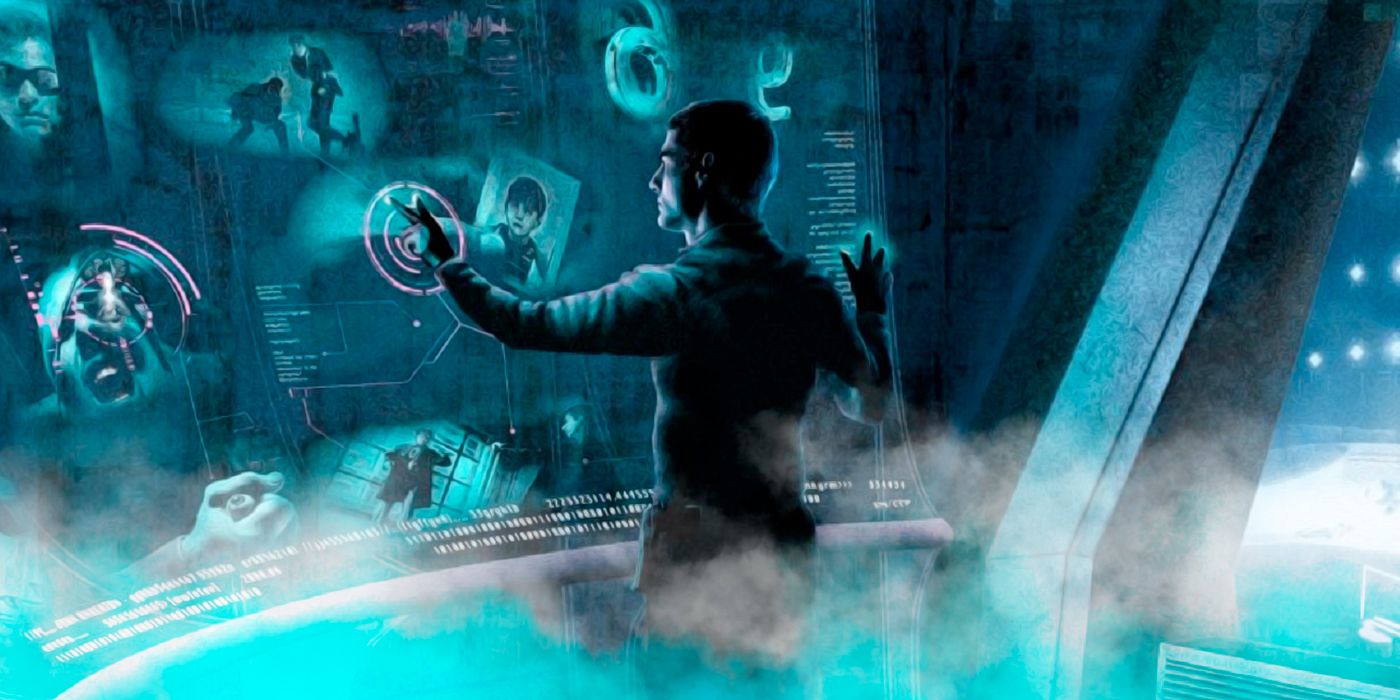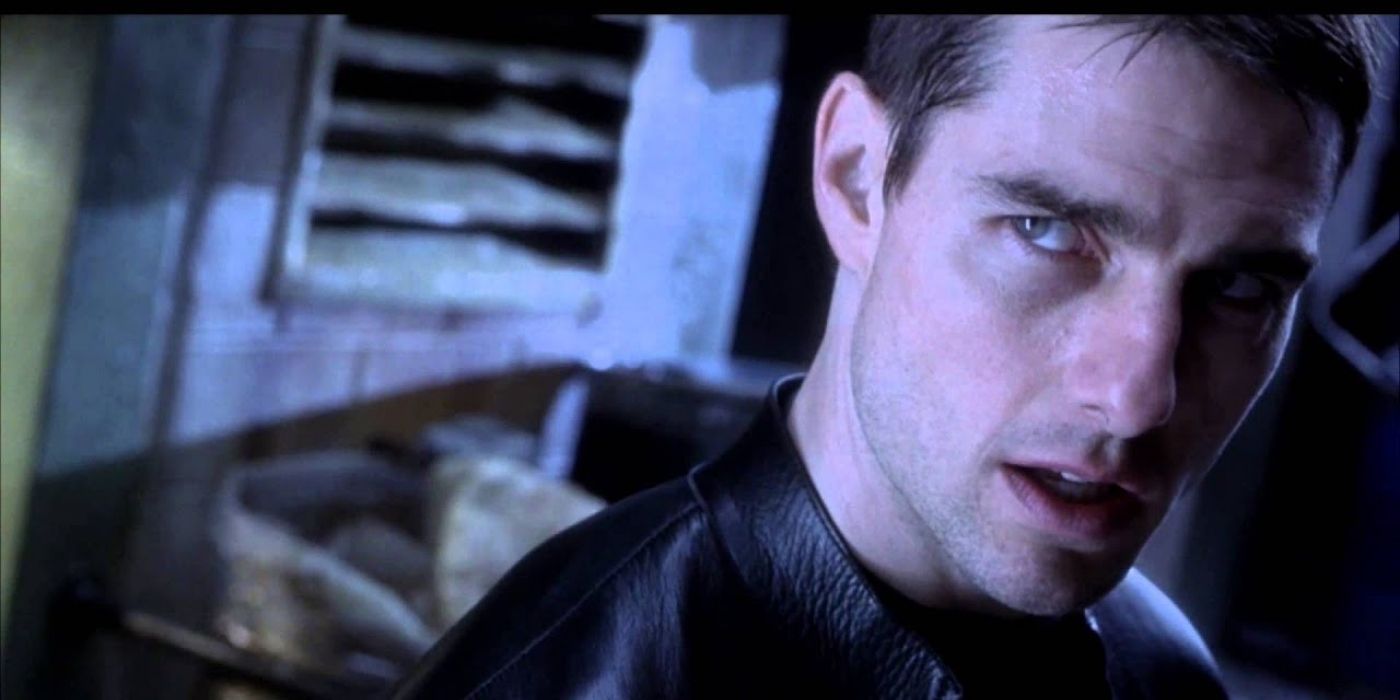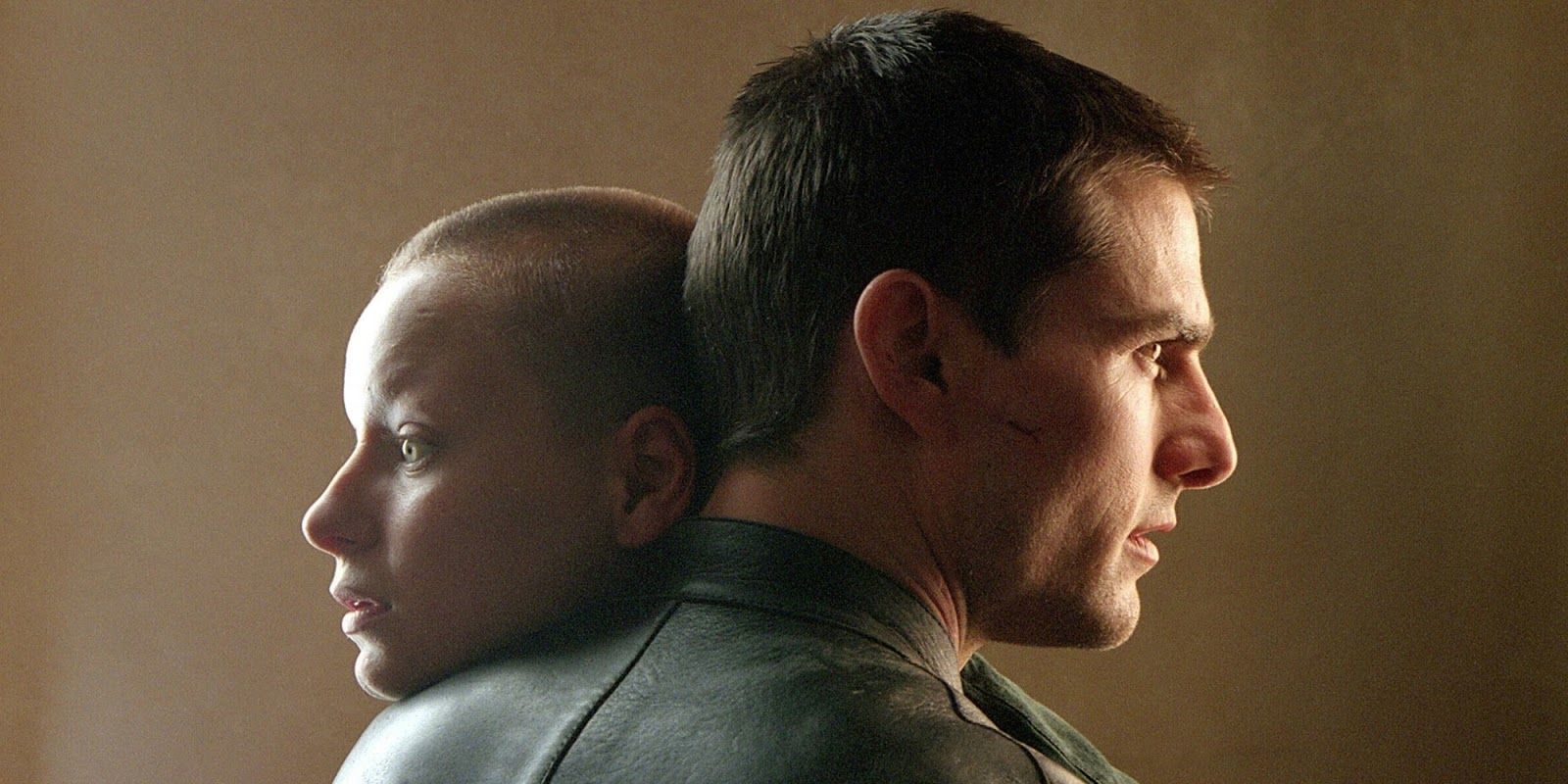Minority Report opened two decades ago, but its foundations remain contemporary. The themes dealt with predicting the future, specifically future murders that could be avoided and have their perpetrators arrested. But despite an interesting premise and teaming Steven Spielberg and Tom Cruise for the first time, the movie got overshadowed by the post-9/11 paranoia, which hurt its success. However, all these years later, Minority Report is a cult classic that accurately predicted many issues the world is dealing with today.
While the film still takes place in the future, specifically 2054, the Precrime Department uses three individuals with psychic abilities to prevent murders in the future. They got aided by a surveillance system that constantly monitors people, which was not a great addition at the time of release. The movie opened in 2002, not even a year after 9/11 when changes in surveillance happened that would never get reversed. In fact, the extreme surveillance society portrayed in 2054 has a lot of similarities with modern-day's.
When Chief of Police John Anderton (Tom Cruise) sees himself committing a crime in the future, he runs, only to discover that he’s getting framed. Cruise then becomes the face of the everyday man, which highlights system's flaws and the corruption it may provoke. This prediction policy ties directly to contemporary machine learning, which allows organizations to collect existing innocuous data through technology to predict powerful insights about certain individuals. “The Internet is watching us now. If they want to, they can see what sites you visit,” said Spielberg in an interview at the time Minority Report opened. “In the future, television will be watching us, and customizing itself to what it knows about us.”
Of course, today's algorithms can tailor ads to each individual, as does YouTube and Netflix with suggestions based on previously searched or watched shows. In Minority Report, Anderton passes a row of digital ads catered specifically to him, even shouting his name. Later in the movie, he enters a Gap store where a holographic store greeter inquires about shoppers’ previous purchases. “The thrilling thing is, that will make us feel we're part of the medium,” continued Spielberg. “The scary thing is, we'll lose our right to privacy."
It’s challenging to draw a line as to which technology gets created without a catch. As Spielberg said, everyone wants to be part of what’s new, even if silently, which means accepting losing privacy. Data generated by machine learning should get handled with care, but one cannot stop the fast pace at which the world evolves, particularly with technology. In that regard, Minority Report also predicted other advances such as the self-driving car, facial and eye scanner, the house with voice control, multi-touch interfaces and video calls.
Minority Report was a movie ahead of its time. It even unconsciously mirrored the age of surveillance that was only just beginning. Society may still be quite far from 2054, but the movie serves as a cautionary tale to watch out for unethical practices that may derive from an ever-evolving technological world.



